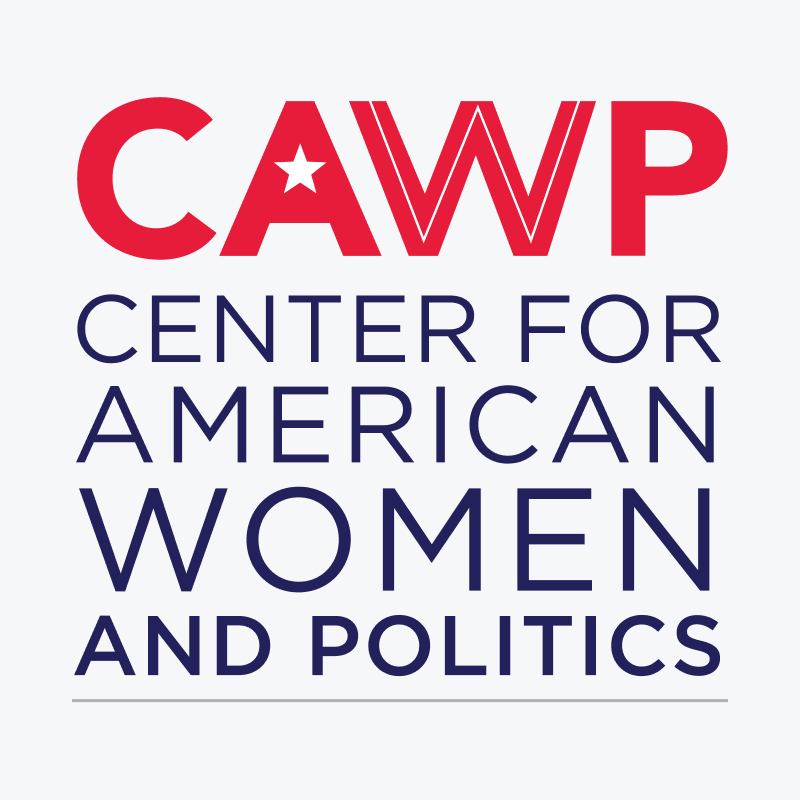A Case for Gender Advisors in Politics
In April 2015, the Barbara Lee Family Foundation (BLFF) and the Center for American Women and Politics (CAWP) launched Presidential Gender Watch 2016, a project to track, analyze, and illuminate gender dynamics in the 2016 presidential election. With the help of expert scholars and practitioners, Presidential Gender Watch worked for 21 months to further public understanding of how gender influences candidate strategy, voter engagement and expectations, media coverage, and electoral outcomes in campaigns for the nation’s highest executive office. The blog below was written for Presidential Gender Watch 2016, as part of our collective effort to raise questions, suggest answers, and complicate popular discussions about gender’s role in the presidential race.
In the industry of political campaigning, new innovative approaches to reach voters pop up all the time. Whether it’s an online targeting tactic or personalized direct mail piece, campaigns are constantly developing new ways to reach voters. Behind these tactics are real people, political strategists who develop the campaign plan. Over a decade ago, when I was first consulting on campaigns, I noticed something troubling; I was often the only woman consultant working on a race. Still today far fewer women are political consultants. As Center for American Women and Politics scholar and Rutgers professor Kelly Dittmar found, men dominate the field, comprising at least three quarters of the industry.
The manner in which we shape the messages, tactics, and strategy for candidates continues to come from a predominantly male perspective. The lack of women’s input as advisers, and campaign staff drastically impacts the larger narrative of how politicians look, feel, and interact with American voters. This dynamic is relevant for every part of campaign strategy, but is most critical when thinking about reaching women (the majority of voters) and crafting successful campaigns for women candidates.
Examples abound: During the 2008 presidential race, it was widely reported that Republican vice presidential candidate Sarah Palin had virtually no senior women on her team. This kind of misstep led to negative media attention about her wardrobe and tone. So how might a woman strategist help remedy these pitfalls? The perspective of a consultant who understands that gender is still a relevant part of politics is essential. Especially at the highest levels where women candidates are a rarity, gender plays into how the candidate is portrayed and how voters respond to her.
In the 2016 presidential election, gender dynamics are playing out everywhere, and not just because we have two women vying for the presidency. Smart presidential campaigns will recognize that women voters have to be reached in ways that do not rely solely on traditional campaign tactics like television and mail. Research shows that many women voters tune out campaigns that seem overly negative. Successful campaigns will develop meaningful ways to reach women voters in their everyday lives and identify validators that women trust.
I believe the lack of women’s voices on political campaigns has been catastrophic; the dearth of women advisors perpetuates the idea that elections are primarily masculine spaces, and the absence of women’s perspectives yields strategies, tactics, and messages that miss the mark in reaching all voters – women and men.
So what do we do about this? First, we need more women consultants who will bring their perspectives to the table. Women’s lives and experiences are different from men’s. Their advice, along with men’s, will create a comprehensive and reflective approach to reaching voters. But we also need gender advisors who are trained and aware of the fundamental differences to reach women voters and also understand the disadvantages and advantages women candidates’ possess.
Thanks to research by the Center for American Women and Politics, Barbara Lee Family Foundation, Political Parity, She Should Run, and others, we better understand women as voters and as candidates. But we need advisors who have a command of the dynamics at play and can implement strategies accordingly. For example, research indicates that likeability and credibility are closely aligned for a female candidate, but this is not the case for a male candidate. This information should affect the way a woman’s campaign crafts her strategy.
The legacy of the lack of female advisors and gender strategists is a climate where women do not see politics as a place for them. Women do not donate, deeply engage, or run for office at nearly the same rates as men. Women are roughly 25% of political contributors and, in 2014, were only 20% of the candidates for higher office. Women often feel disconnected from politicians and their messages; often, they don’t know how best to access or participate in a campaign. This disconnect for women voters has affected the entire pipeline of women’s potential engagement. It has not only limited women’s basic political engagement, but it has also dissuaded women from running for political office.
We’ve missed the boat for far too long. Adding a more diverse set of women’s voices to counsel campaigns, along with strategists who understand the dynamic realities of women as voters and candidates, will help adjust a political culture that does not currently feel inclusive. Let’s move beyond the status quo and see that gender dynamics must be affirmed, understood, and built into campaign advice.






